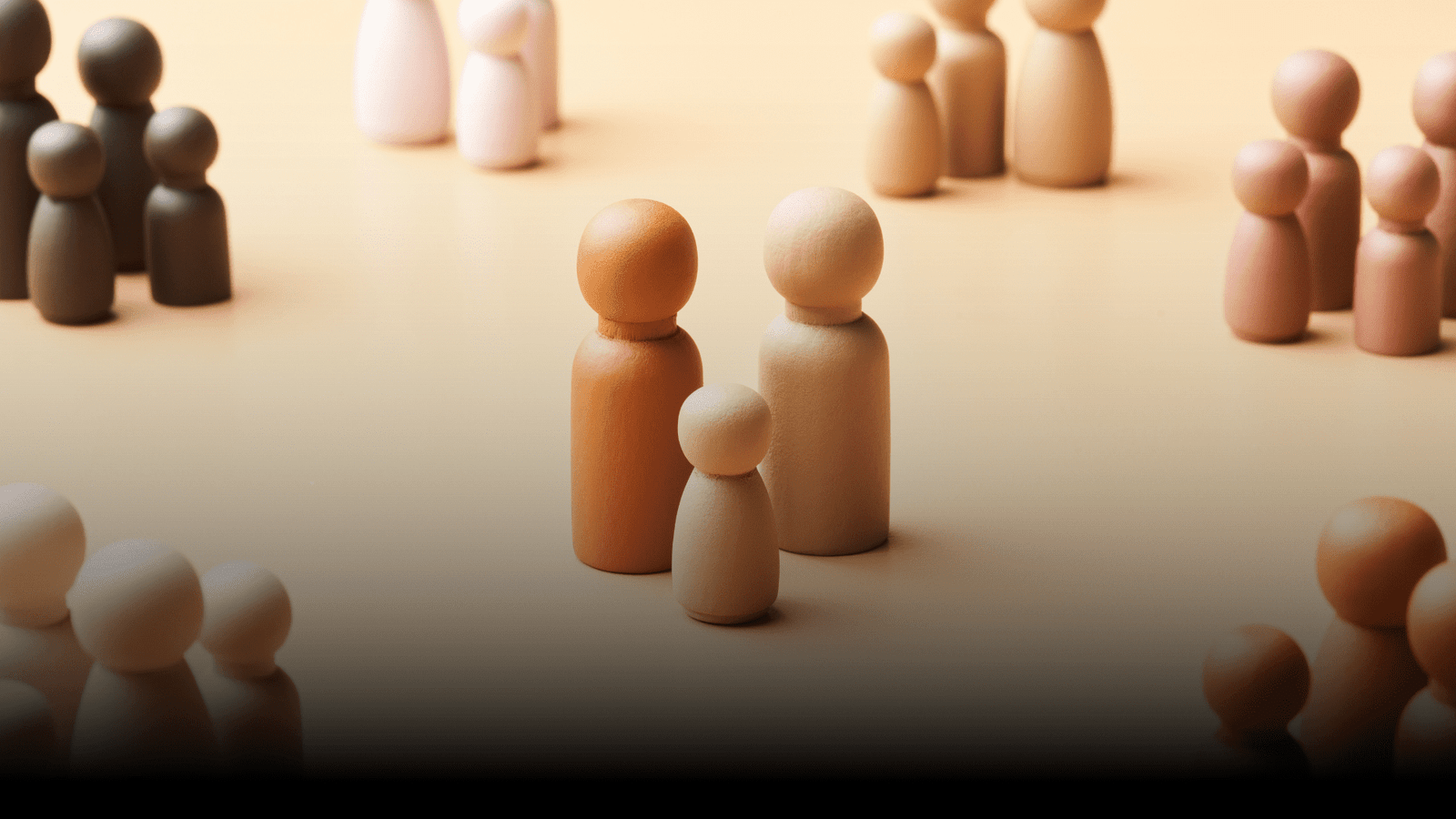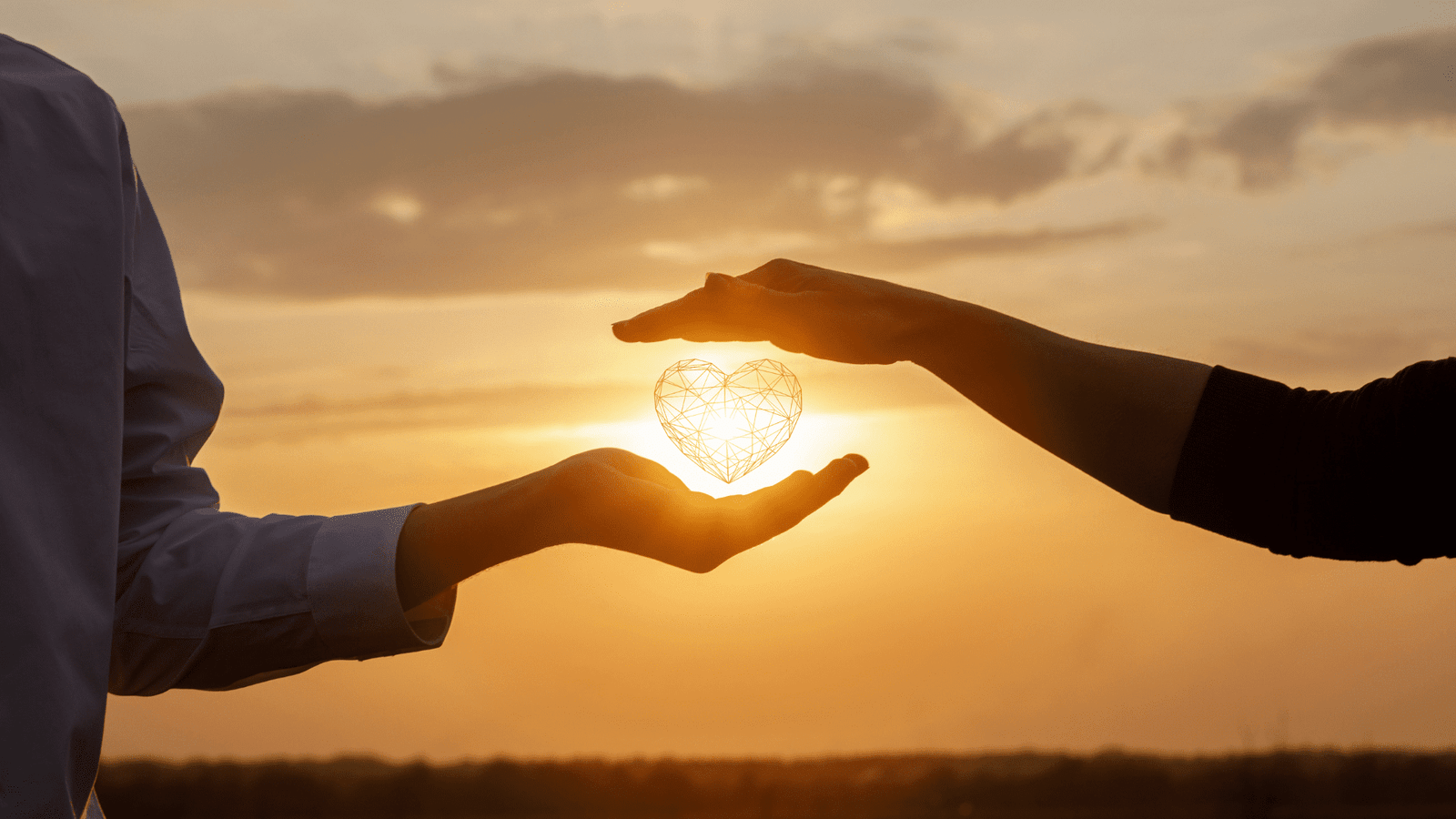
“Identity and society are interconnected but you can break free from societal norms and form your own identity. .”
Introduction:
Identity and society are two interconnected concepts that play a crucial role in shaping individuals and the communities they belong to. Our identities are composed of various aspects such as our gender, race, ethnicity, religion, sexual orientation, and socioeconomic status, among others. These identities are not fixed or static; rather, they are fluid and can evolve over time.
Society, on the other hand, refers to the collective group of individuals who share common norms, values, beliefs, and practices. It is within the context of society that our identities are formed and influenced. Society provides the framework within which we understand ourselves and others, shaping our perceptions, behaviors, and interactions.
1. Individual Identity
Individual identity refers to the unique characteristics, beliefs, values, and experiences that make each person who they are. It is the sense of self that is shaped by a combination of genetic, biological, psychological, and social factors. Our individual identities are not only influenced by our personal attributes but also by the social groups we belong to.
2. Collective Identity
Collective identity refers to the shared sense of belonging and identification that individuals have with a particular group or community. This can include national, ethnic, religious, or cultural identities. Collective identities are formed through a sense of common history, language, traditions, values, and beliefs. They provide individuals with a sense of connection and solidarity with others who share similar characteristics and experiences.
3. The Relationship Between Individual and Collective Identity
The relationship between individual and collective identity is complex and multifaceted. On one hand, our individual identities are shaped by the social groups we belong to. For example, our family, school, workplace, and community all contribute to our sense of self. These social contexts provide us with social roles, expectations, and norms that influence our behavior and self perception.
On the other hand, our individual identities also contribute to the formation of collective identities. As individuals with shared characteristics come together, they form communities and groups based on their commonalities. These collective identities provide a sense of belonging and social cohesion. They also serve as a source of support, protection, and shared goals.
4. Society’s Influence on Identity Formation
Society plays a significant role in shaping our identities. From a young age, we are socialized into specific cultural, social, and gender norms. Society provides us with a framework for understanding what is considered acceptable or desirable behavior, appearance, and values. These norms are communicated through various social institutions such as family, education, religion, media, and peer groups.
For example, in many cultures, there are specific expectations and roles associated with gender. Boys are often encouraged to be strong, independent, and assertive, while girls are expected to be nurturing, caring, and submissive. These societal expectations shape how individuals understand and express their gender identity.
Cultural norms also influence how individuals perceive themselves and others. For instance, in some cultures, fair skin is considered more desirable than dark skin. This can lead to individuals with darker skin feeling marginalized or discriminated against, affecting their self-esteem and identity formation.
5. Cultural Identity and Diversity
Cultural identity refers to the specific beliefs, values, customs, traditions, and practices associated with a particular cultural group. It encompasses aspects such as language, religion, food, art, music, and clothing. Cultural identity is an integral part of who we are and how we relate to others.
Cultural diversity refers to the coexistence of multiple cultural identities within a society. It recognizes and values the differences in beliefs, values, and practices of various cultural groups. Cultural diversity enriches society by promoting understanding, tolerance, and appreciation for different perspectives.
6. Conclusion
Identity and society are closely intertwined concepts that shape who we are as individuals and communities. Our identities are influenced by the social contexts we belong to, and in turn, contribute to the formation of collective identities. Society plays a significant role in shaping our identities through socialization, cultural norms, and societal expectations. Cultural diversity adds richness and complexity to society but also requires efforts to promote understanding and acceptance. By understanding the interplay between identity and society, we can foster a more inclusive and equitable society for all.
Discussion Questions
- How do societal expectations of women differ from those of men, and how does this impact individual identity formation?
- How do you think social media and the internet impact how we see ourselves and others?
- How can society better support women in expressing diverse identities and breaking free from stereotypes?
Join me for a chance to walk through a wonderful journey of self-discovery. Join my 30-day challenge and start the process of living unapologetically YOU!


